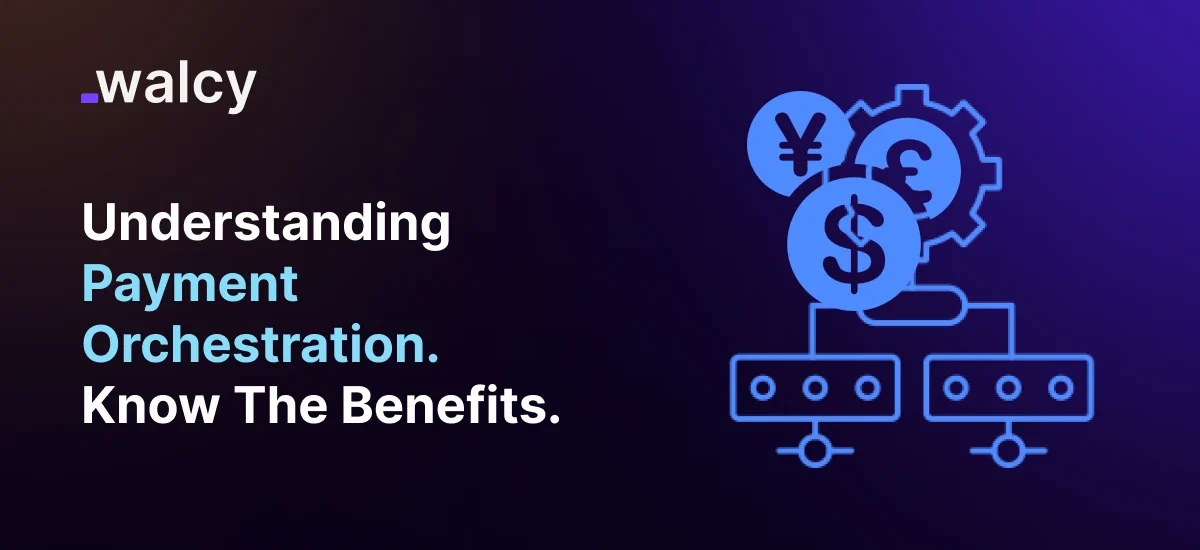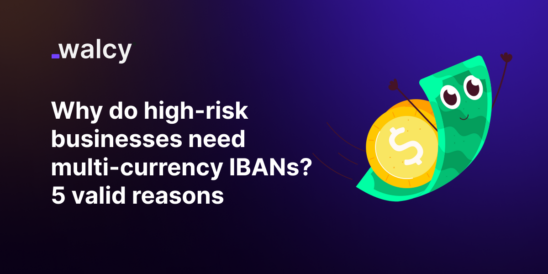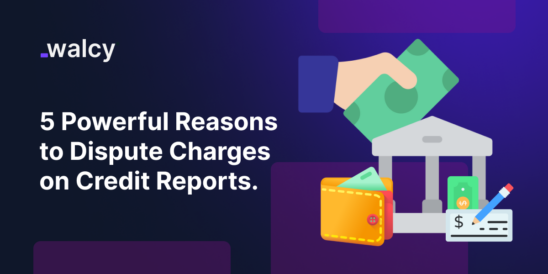Efficient payment management is integral to business operations in the ever-evolving digital economy. In such a context, the role of payment orchestration comes into play specifically.
You must wonder what is payment orchestration, and how different is it from the conventional payment gateway or processor. In this blog, we dive into the world of payment orchestration, discussing its benefits and bringing to the fore some of the best platforms and providers in the market.
What is Payments Orchestration?
Payment orchestration is all about managing and optimizing payment transactions across different payment providers, gateways, and methods within a single consolidated platform. Essentially, it acts as a layer of payment orchestration to simplify this complex network of payment processes for seamless transactions while providing flexibility and control for the business.
This way, the process of payment does not become smooth, but even customer experience improves due to reduced failure in payments and increased speed of transaction. In addition, payment orchestration allows for real-time insights and analytics of key decision-making by business firms.
Unlike the old-fashioned payment gateways that connected business firms to one payment processor, a payment orchestration platform integrates numerous payment gateways and methods. Thus, this flexibility allows the business firm to select the best-fitting payment providers without being hooked into one ecosystem of the provider.
How Does Payments Orchestration Work?
A payments orchestration platform sits at the center of a business’s e-commerce system and connects it with multiple payment processors, gateways, and alternative payment methods. This centralization allows the platform to make integrations of adding or changing a payment provider a lot easier.
The platform then intelligently routes each transaction through a set of predefined rules that are set up to optimize for things like cost, success rate, and speed. All of this dynamic routing ensures the optimal processing for each transaction, furthering the customer’s experience in making a payment and reducing many operational headaches that businesses have to bear.
For example, it may route a transaction through the cheapest or fastest gateway via a payments orchestration platform. Alternatively, it could split a single transaction across multiple providers to minimize fees or reduce the failure rate. Besides this, in case of any downtime or technical glitch at any one particular gateway, the platform automatically forwards the transaction to another gateway.
This means continuous payment processing is guaranteed. With the standard payment gateways, hardly is this level of control provided, and hence, this makes payments orchestration a very powerful tool for companies dealing with a large volume of transactions or operating in multiple regions. It enables adaptation to changing market conditions and changes in customer preferences, thus making payments orchestration an integral part of a modern, scalable payment strategy.
Key Benefits of Payments Orchestration
Success Rates: With the routing of the transactions dynamically via the most reliable gateways, payment orchestration platforms will reduce the number of failed transactions. This means higher customer satisfaction and a consequent improvement in revenue accruing to businesses.
Cost Optimization: The cost of a transaction is reduced since every transaction is routed through an economically viable provider. This can be attributed to cost optimization, hence a direct influence on the bottom line, making operations more economically viable.
Global Reach: Advanced payments orchestration platforms today support multiple currencies and modes of payments, thus presenting to businesses the wide-angle opportunity to globally accept consumer payments. This global capability enables seamless expansion into new markets where there is no financial transaction barrier.
Scalability: With the growth of the transaction volume or newer modes of payments, all concerns in business need scalability to be one of the prime aspects for their future. This is necessary to ensure that the business is at a constant pace of growth, thereby reducing any chance of bottleneck occurrence in the payment infrastructure.
Enhanced Security: This means that, in general, the security is enhanced with different fraud detection and prevention tools accompanying the orchestration layers. Therefore, not only will businesses and their customers be protected against possible threats, but customer trust and loyalty will also be there.
Payment Orchestration vs. Payment Gateway
First of all, it is necessary to understand the difference between payments orchestration and payment gateways. Both means are vital parts of the whole cashing process, yet they perform slightly different functions. A payment gateway is a service that handles credit card payments for online and physical businesses. It usually acts as the connecting link between the merchant and the processor of that particular payment.
On the other hand, payment orchestration goes a step further by managing several payment gateways and processors from one single platform. This offers even greater flexibility, redundancy, and optimization for enterprises with global operations or requiring a diverse set of options in paying.
Payment Orchestration vs. Payment Processor
Equally, the payment processor is a company processing the transaction from the merchant via the customer’s bank. It checks the details of the payee, including the availability of funds, before transferring the money into the merchant’s account.
While payment processors form part of the vital touch for the payment ecosystem, in most cases they act jointly with the payment gateways. In contrast, a payment orchestration platform oversees the whole payment process, right from the handling of multiple payment gateways to optimization of transaction routing, and handling cross-border payments.
How to Decide on the Best Payment Orchestration Platform
From the point of view of the selection, one should take into consideration such aspects as the way this platform will integrate with all your systems, a variety of payment methods that are supported, and also security. Some of the leading payments orchestration provider include:
Adyen: The global outreach and wide varieties of payment solutions make Adyen demanded by businesses seeking a really powerful platform for payment orchestration.
Payoneer: Specialized in cross-border payments, Payoneer provides one such versatile platform that can support multiple payment methods and currencies.
Stripe: While primarily known to be a gateway solution, Stripe also provides an orchestration layer to businesses that have more complex needs around payments.
Rapyd: Boasting the largest network of local payment methods through the Rapyd API, this is ideal for companies that have to operate across multiple regions.
Checkout.com: Checkout.com offers one of the most customizable platforms, hence it’s ideal for those businesses seeking a highly tailored payment orchestration solution.
Read about: All About Overseas Payments (2024) Comprehensive Guide
Conclusion
In today’s global marketplace, a business requires more than just a basic payment gateway or processor; it requires an all-in-one solution that can manage and optimize multiple-channel and multi-provider payments. The advanced solution provided by payments orchestration gives flexibility and control to the business for better transaction success rates, reduced costs, and efficient handling of payments on a global scale.
As the growth of the digital economy continues, support for different types of payments and providers should be smoothly provided, which is important for their competitiveness.
The correct choice of a payment orchestration platform can smoothen a business’s operation processes for the demand of the fast-changing market. Because the payment process is now more flexible and trustworthy, this increases customer happiness in addition to improving internal operating efficiency.
In today’s digitizing world, payment orchestration is no longer a niche luxury but a necessity for every business that strives for growth and expansion in the worldview.
FAQs
What is the difference between a payment gateway and a payment orchestration platform?
The former will process transactions with one provider, while payment orchestration operates with numerous gateways and optimizes the whole process.
Can the payments orchestration platform process international payments?
Yes, various currencies and types of settlements are supported; hence, they are ideal for doing global business.
Is payment orchestration suitable for small businesses?
Yes, it is suitable for small business as it gives flexibility, saves costs, and optimizes payment routing.
What are the best payments orchestration platforms?
Some of the top payment orchestration platforms are Adyen, Payoneer, Stripe, Rapyd, and Checkout.com.
How does the payment orchestration help in raising the success rate of transactions?
It routes the transactions through the most reliable gateways by being smart enough, thus reducing potential payment failures.
Are payment orchestration platforms secure?
Yes, they provide even advanced security features concerning fraud detection, encryption, and conformity to the standards of security.
Do follow us on Facebook and LinkedIn, to stay connected with us.



